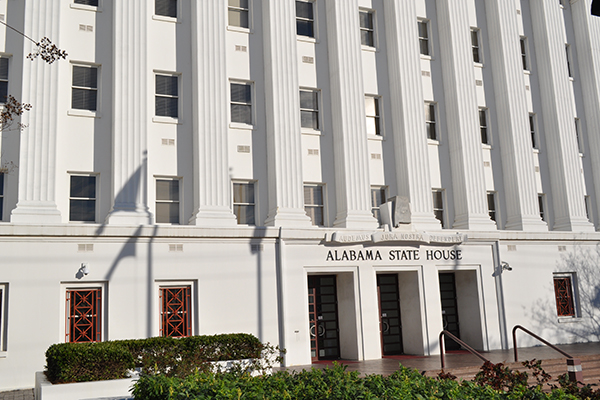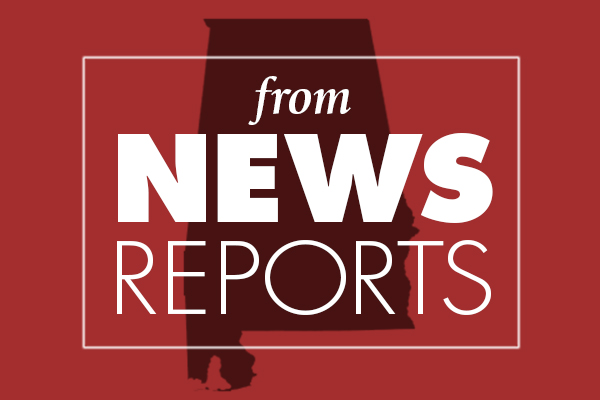For years, gambling opponents have strategized ways of ridding the entire state of so-called “electronic bingo.” With the closing of Alabama’s largest casino in Shorter, some are setting their sights on the slot machine-style gambling facilities remaining in the state — those owned by the Poarch Band of Creek Indians.
The battle between the state and the tribe has trickled along for many years with state officials insisting that the tribe must comply with state law and the tribe denying obligation to any regulations except those established by the federal government and the Indian Gaming Regulatory Act (IGRA). This time, opponents believe two Supreme Court decisions — Carcieri v. Salazar and Match-E-Be-Nash-She-Wish Band of Pottawatomi Indians v. Patchak — will be “a giant step to prosecuting Alabama Indian Gambling.”
According to Eric Johnston, president of the Southeast Law Institute and legal adviser to Alabama Citizen’s Action Program (ALCAP), the high court ruled in 2009 “that Indian tribes must have been recognized by 1934 before their lands would be considered sovereign and protected under federal law.” Carcieri v. Salazar dealt with local zoning laws. It did not address whether state criminal laws — like Alabama’s gambling regulations — apply to Native American tribes.
More recently, on June 18, 2012, the Supreme Court ruled that Patchak, a citizen, could file a lawsuit against a Michigan Indian tribe that was federally recognized in 1999 and planning to open a casino on land they purchased in 2009. The case was returned to trial court without determining whether the tribe could bring its land into trust and establish a casino on it, according to Johnston.
Now Escambia County Commission wants to use these two cases to make Alabama’s Poarch Creek Indians pay taxes to the county on their Wind Creek Casino and Hotel in Atmore. The tribe also owns Creek Casino Wetumpka and Creek Casino Montgomery.
“Currently the tribe claims they are federally exempted from state and local property taxes, sales taxes, tobacco taxes and other fees and taxes,” said Sen. Bryan Taylor, R-Prattville, who is also an attorney for the commission. “The Escambia County Commission has questioned whether that tax exemption still stands after the Carcieri ruling, but the county has taken no formal legal action.”
After the commission requested information from the United States Department of the Interior regarding the Poarch Creek Indians, the department responded with a letter dated June 4 confirming that the Poarch Creek land “was acquired in trust” in 1984 and “proclaimed to be a reservation in 1985.”
The letter continued, “The Band enjoys all rights and privileges associated with having its reservation held in trust by the United States under federal law.”
Two days later the tribe drafted a news release stating that the department’s letter “decisively” dismisses the commission’s “contention” that the tribe’s lands “are not protected by federal laws.”
“This letter shows that Chairman (David) Stokes’ attempt to tax the tribe’s trust lands is without merit,” the release continued. “Indian tribes are recognized several times in the United States Constitution. Most notably the ‘Commerce Clause’ acknowledges that tribes are considered separate, distinct governments as are states and foreign nations. Therefore none of these entities, nor their lands, is subject to taxation by another form of government.”
Taylor disagreed and said the commissioners are “raising fair and legitimate legal questions about the impact of a U.S. Supreme Court ruling on the tribe’s claim to tax-free status.”
Johnston also believes the tribe’s argument is flawed. Reflecting back on the Supreme Court decision, he believes the Poarch Creek are only protected if they were recognized as a tribe before 1934.
“They said they are sovereign, they are a protected Indian tribe and we can’t sue them, but Patchak says we can,” Johnston said, noting that if the tribe can be sued for taxes, they can be sued for violating Alabama’s anti-gambling law.
He continued, “Then Carcieri says they are not protected. … Their fallback position is that even if they are not protected, they are using Class II gambling and are protected. … Under IGRA they can have Class II ‘bingo’ — Class III is unlimited gambling. They say Alabama has ‘bingo’ so they can have ‘bingo’ in any form. … They are doing slot machines just like Milton McGregor (owner of VictoryLand in Shorter) and all the other gambling criminals in the state.”
Johnston believes the courts are now in a position to address the tribe’s gambling operations for what they are.
“We believe the facade of federal protection just crumbled and the Indians may not now flaunt their sham sovereign protection any longer,” he noted. “They have mercilessly profited from hapless Alabamians and others for too long. They have profited at the expense of non-Indian gambling in Alabama but they, like the non-Indian enterprises, are violating our criminal laws and they should now pay the price.”




Share with others: